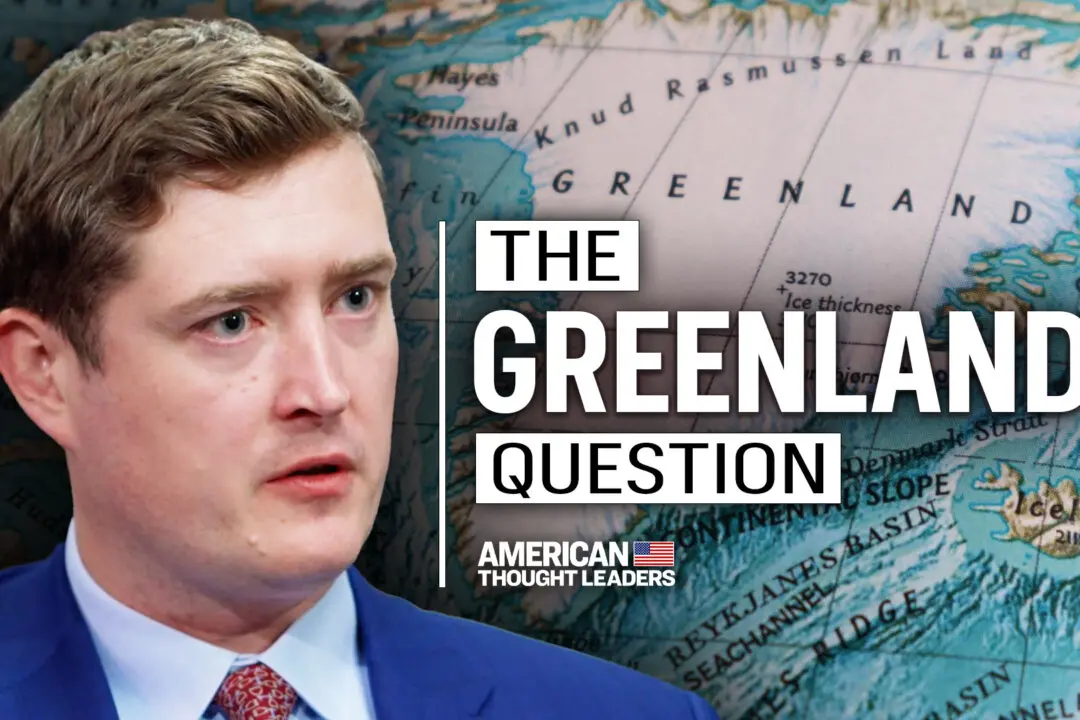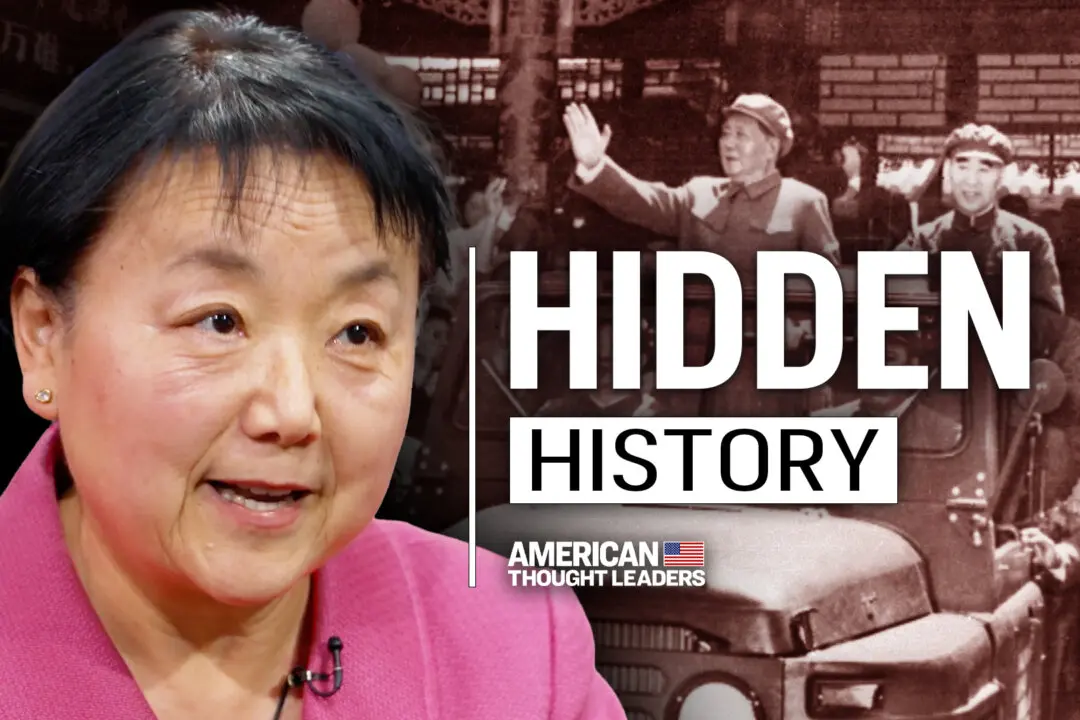Now is the time for all Americans to take action to stop the Chinese regime’s genocide against Uyghur Muslims, a state-led crime reminiscent of the Holocaust, said former State Department officials Keith Krach and Ellie Cohanim.
The genocide designation was made by then-Secretary of State Mike Pompeo in January over the Chinese regime’s persecution against Uyghurs in the far-western Xinjiang region. The persecution has included forced sterilization, forced abortion, torture, forced labor, and the removal of children from their families.






